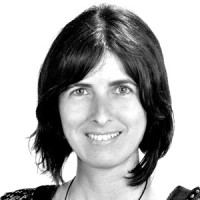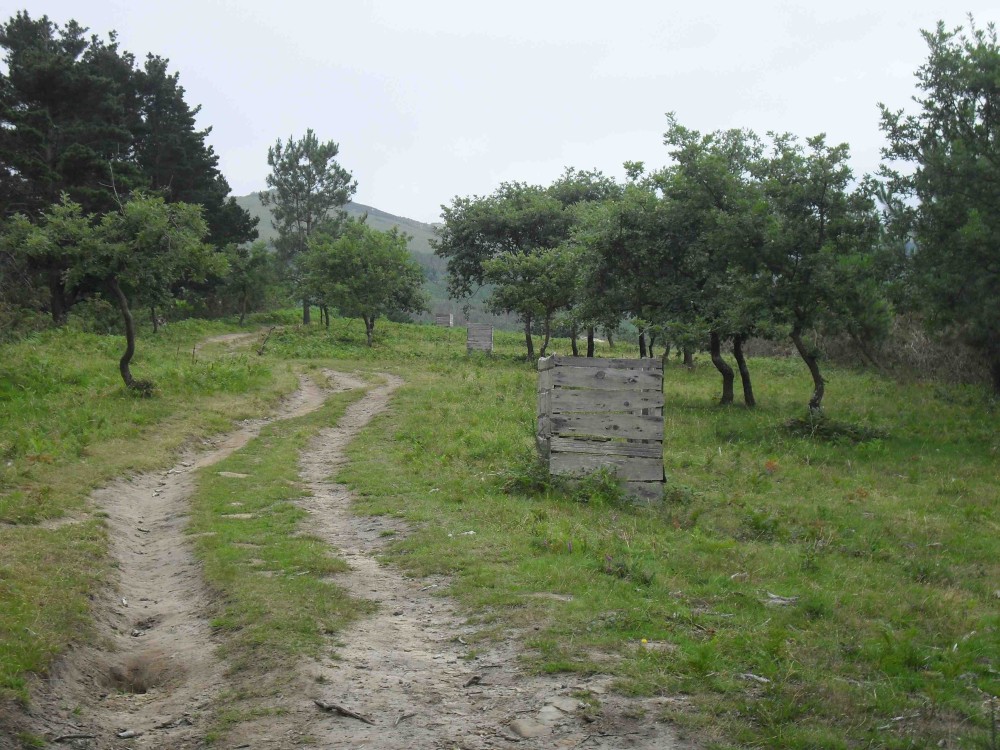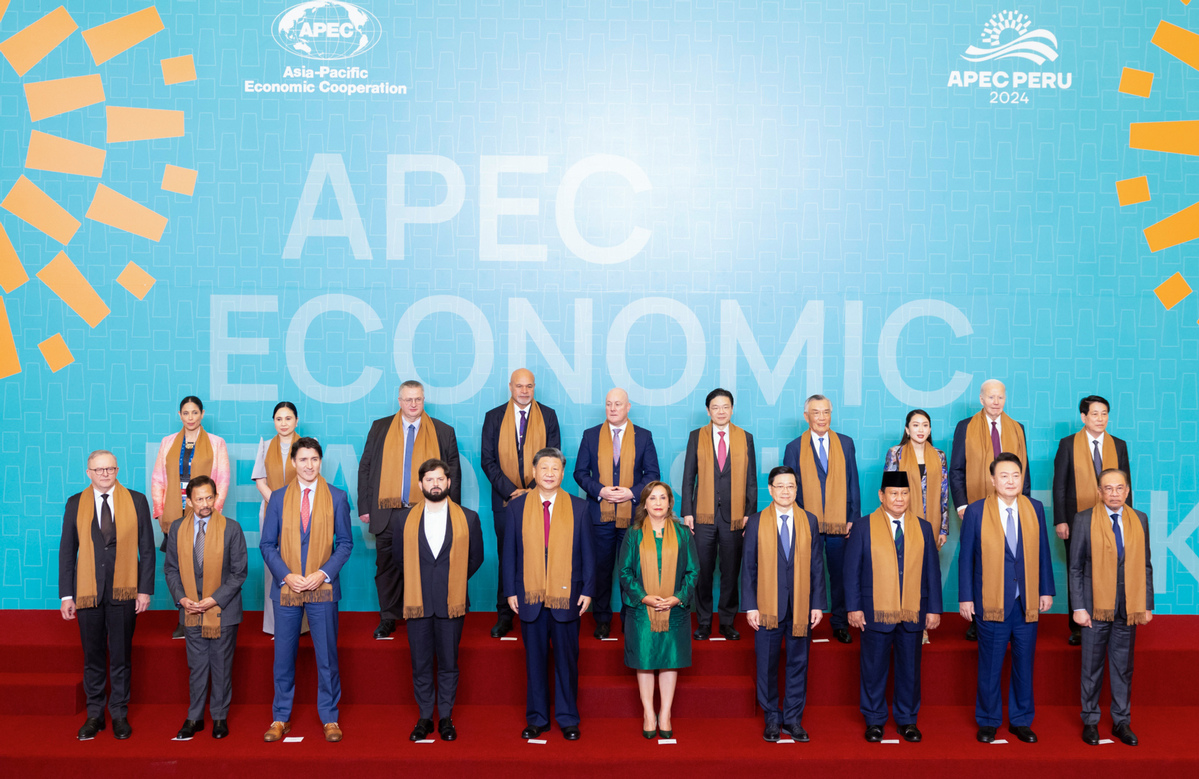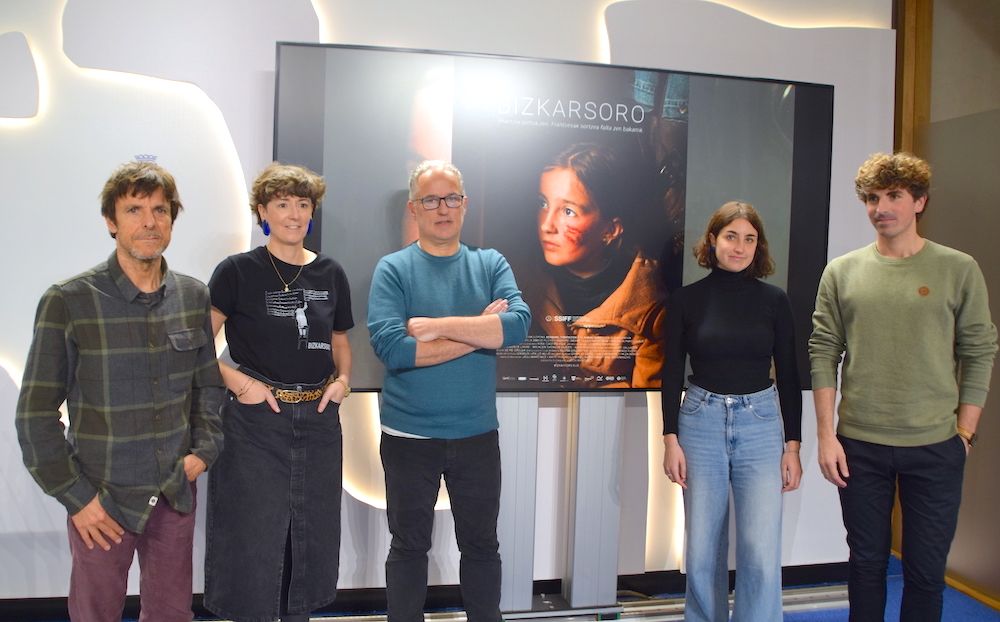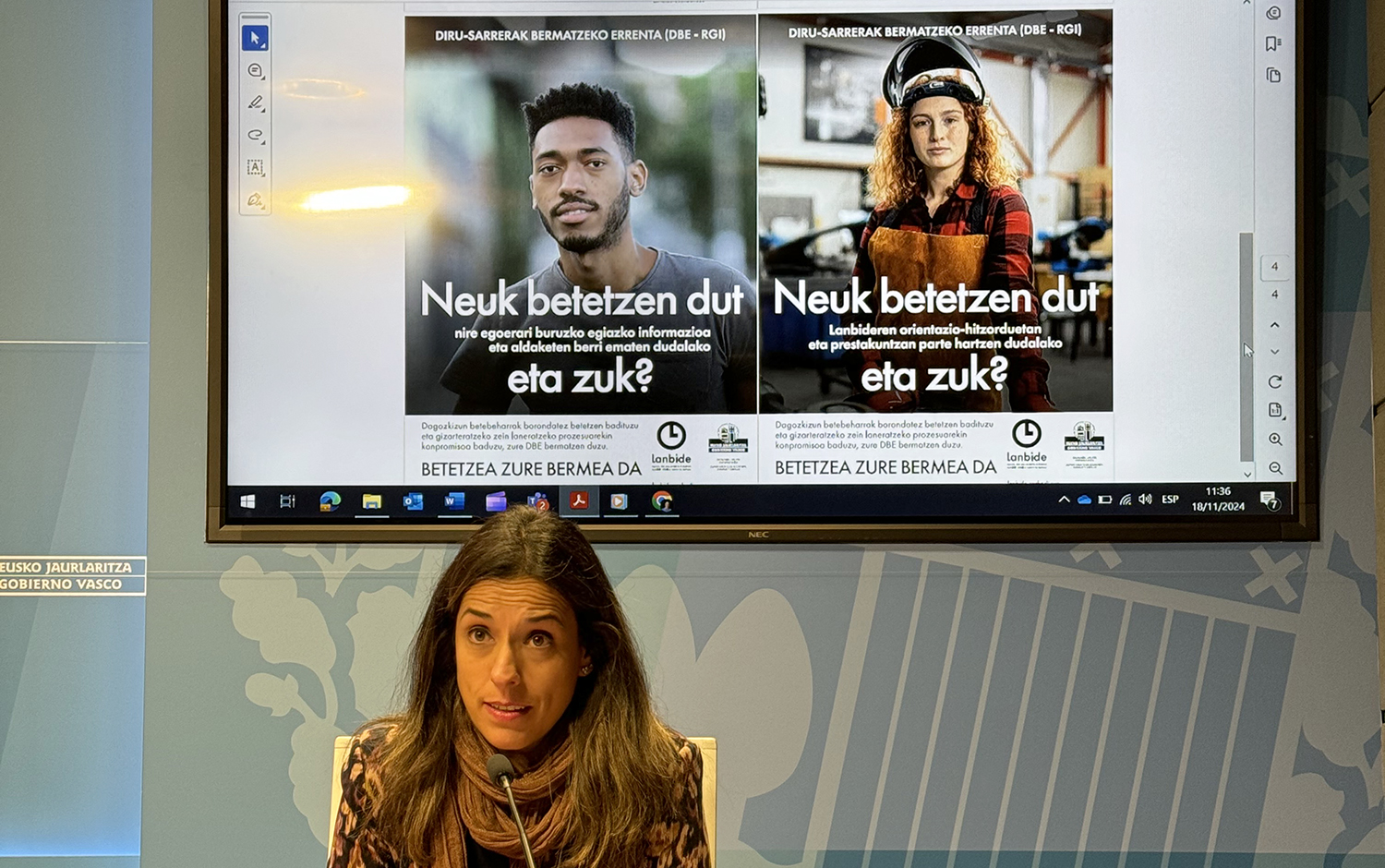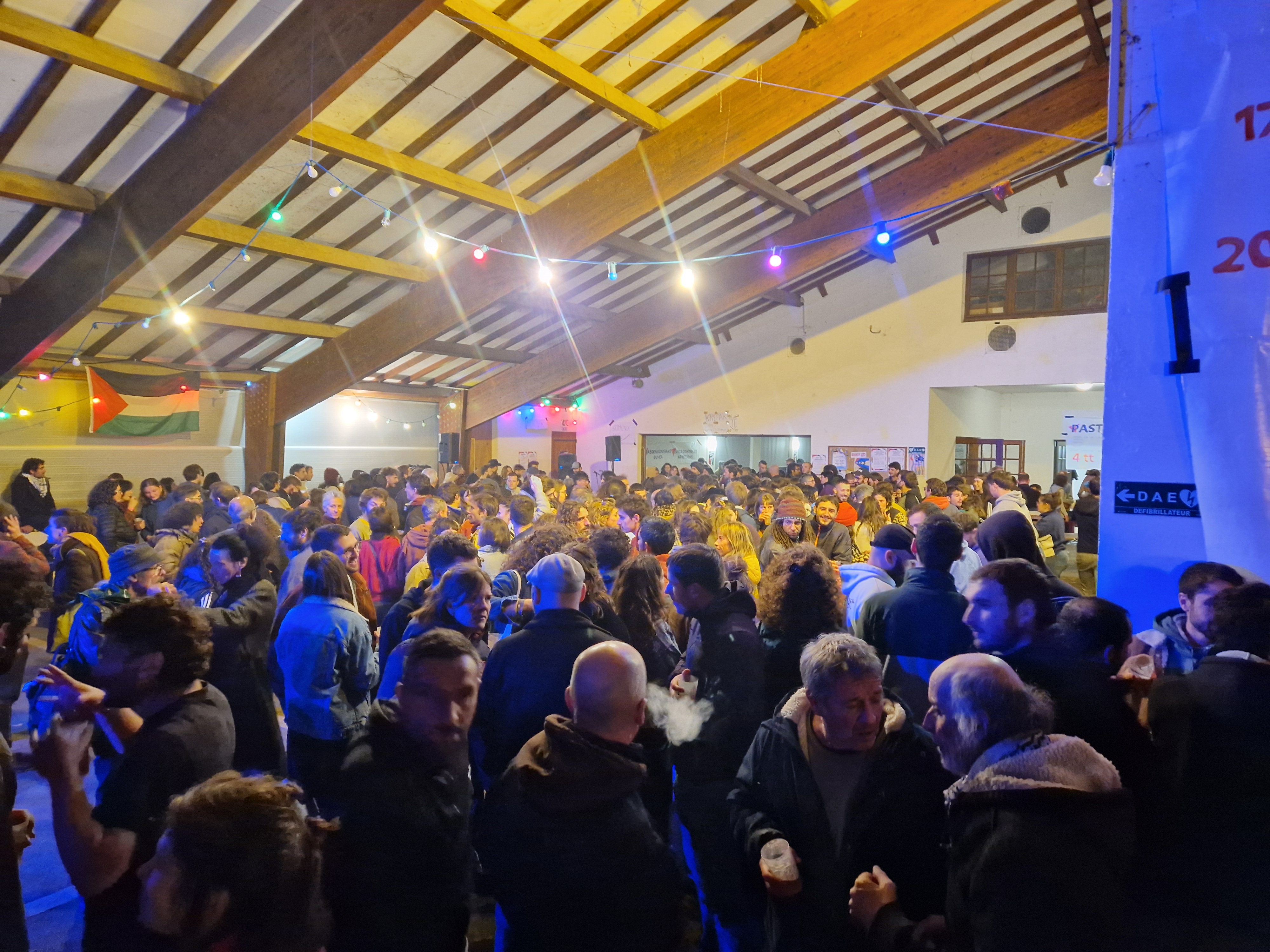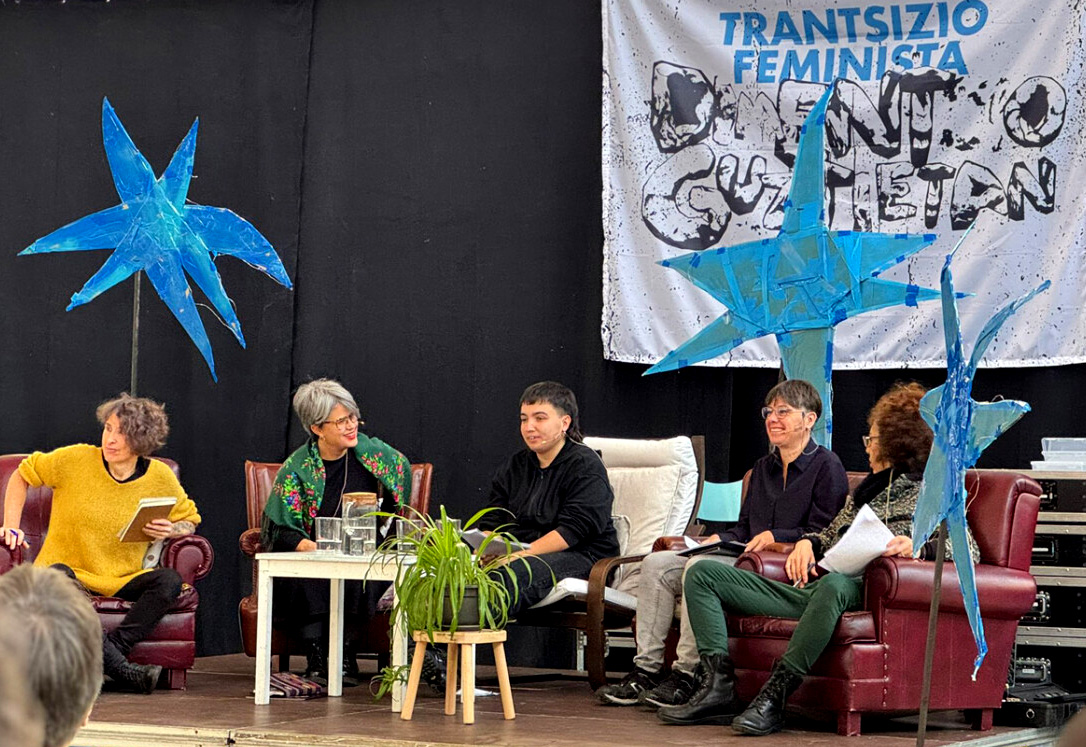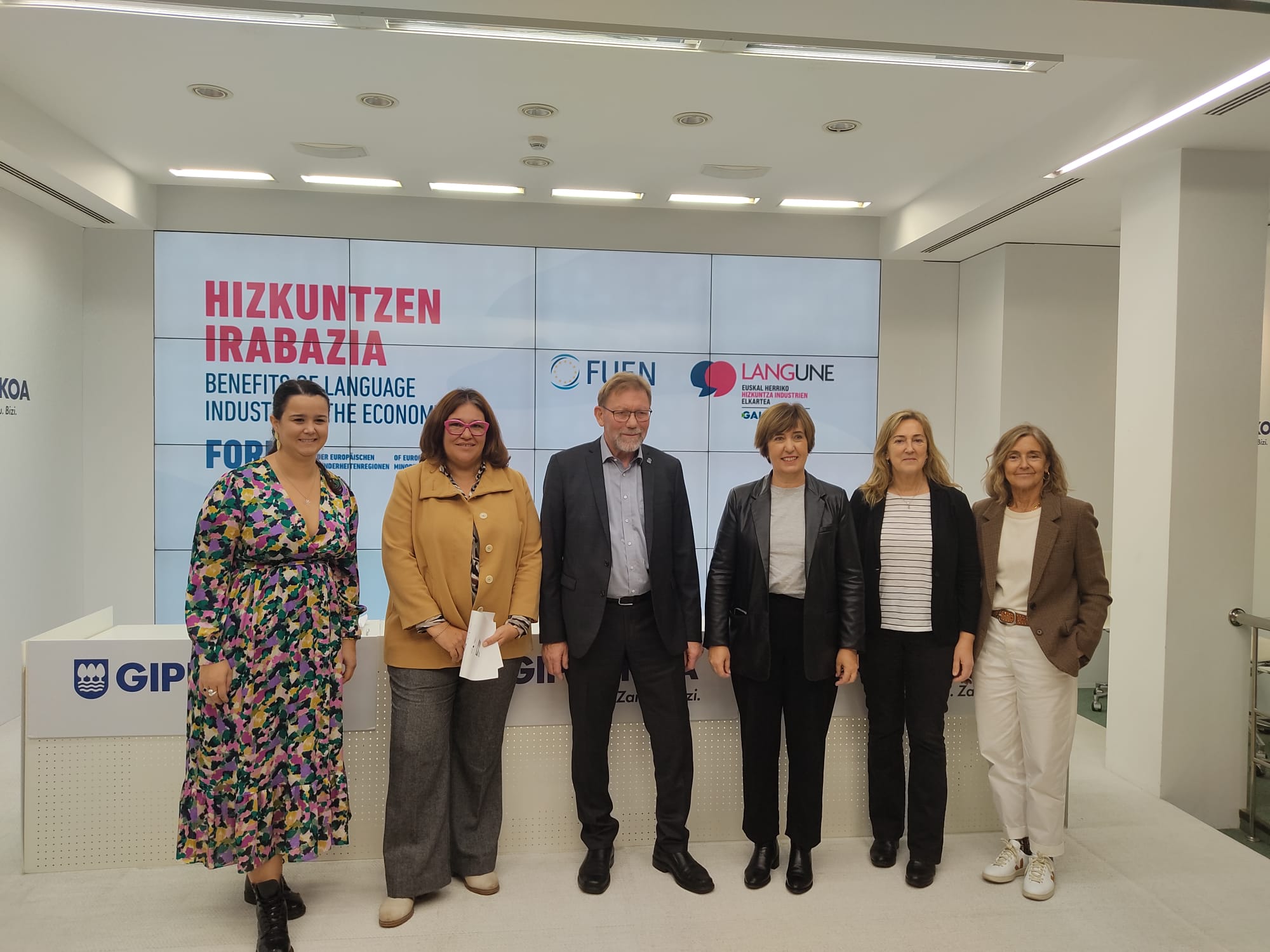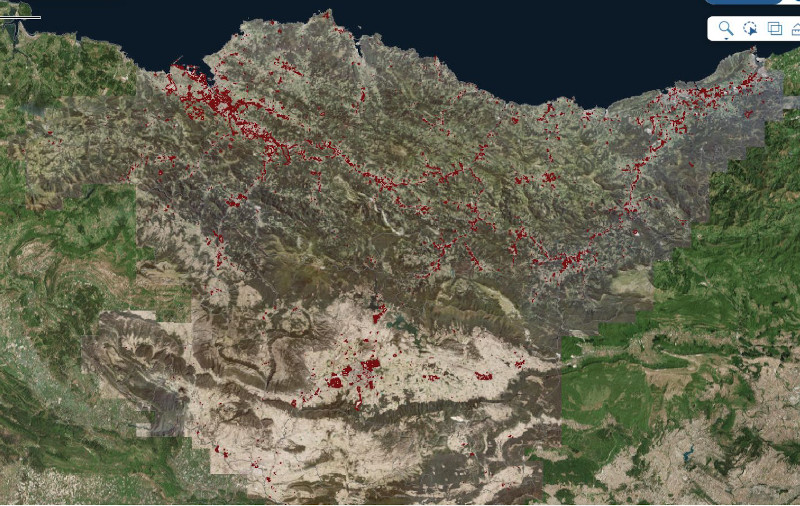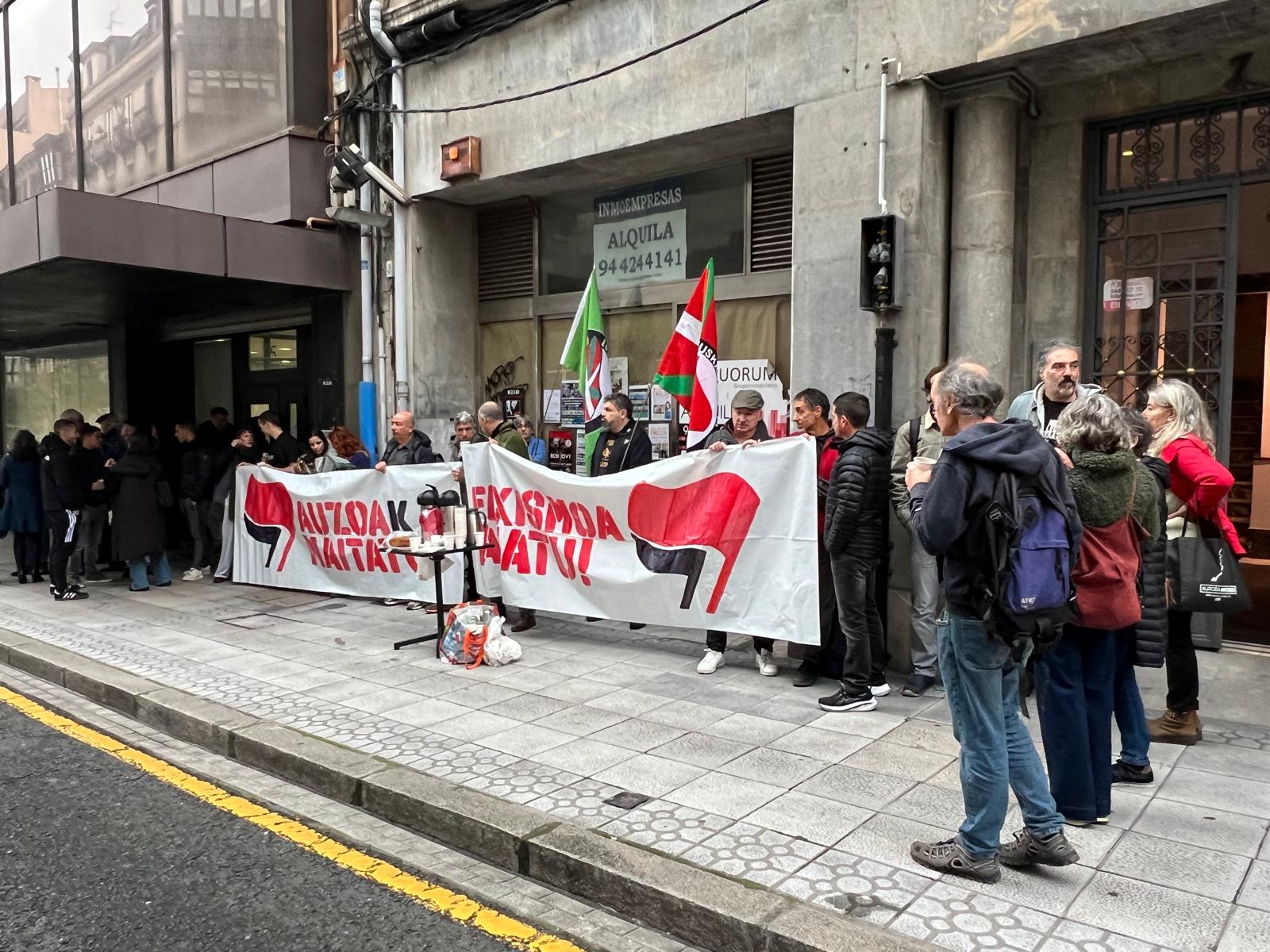“Social movements have chosen to remain active in the pandemic”
- The pandemic and its management revolutionized collective ways of life. Two years have passed and perhaps now the body has more patience to analyze what it has lived: What stopped the move? What did social movements resist and what new things were able to create adapting to the new situation? And what were the impossible? In this retrospective view, the work carried out by the researchers of the UPV/EHU by the social movement of the Basque Country during the pandemic.

In 2018, four research groups from the University of the Basque Country/Euskal Herriko Unibertsitatea started a qualitative study on social movements: The composition of the social movements of the Basque Country and the relationships between them were investigated, and the pandemic came from day to day.
Seeing that institutional cutbacks on COVID-19 were having a huge influence on social movements, these researchers decided to conduct quantitative research within a broader research that they had already started. Thus, questionnaires of written response to social movements were opened between May and September 2021. Researchers stress the importance of remembering when interpreting the answers that reflect above all that particular era: the year of closure and when it was time for "openness". At that time, despite the implementation of many regulatory measures related to spaces and the street, the insertion phase had not yet developed, there were no high levels of contamination and the COVID-19 passport did not exist.
Fortunately, as the universe of activism in the Basque Country is too extensive to investigate in its entirety, the questions were addressed to groups structured in four areas: Euskalgintza, environmentalism, feminism and the plurality of definition with the acronym AMK. Over 700 groups in these areas have been informed in the study and sent questions to 396 groups.
As a note, the authors of the study have emphasized that these four areas are not an integral reflection of urbanism. And it is precisely in the time of the pandemic and in recent years, in the social movements of the Basque Country, where the movements of young and pensioners linked to the ages originated to deal with the measures of the pandemic, do not belong to the areas analyzed by this study. If these had also been taken into account in the investigation, the responses to the pandemic could be different.
With the results of this quantitative research in hand, Ekhiñe Eizagirre conducted a qualitative study in which he interviewed several members of these popular movements in depth on the main aspects that had emerged from the quantitative research.
What conclusions have they drawn in these studies? What did the pandemic mean in popular movements? Marta Luxan and Miren Guilló have responded with pleasure, as they are part of the team that has dedicated themselves to these investigations together with Marta Barba, Julen Zabalo, Edorta Arana and Iñaki Barcena.
.jpg)
At the beginning of the study, the characteristics of social movements in four areas are collected: Euskalgintza, ecologism, feminism and AMK. What has caught your attention?
Marta Luxan: By analyzing the size of the groups, we've seen that these groups work in layers. There's a core with very active people, but not very large in number. In this regard, there are more people who carry out specific duties or tasks, but they are not so present on a daily basis and attend meetings on an ad hoc basis. And in a third layer would be the participants in the activities organized by this group. This has to do with another characteristic: there is a great relationship between the groups and it is common for the same people to participate in more than one group, so who is very active in one group may be less intense in another group. Other characteristics are that most people who participate in the studied groups are women and work in Basque. And I was struck by the fact that in many groups, in addition to the Basque language, they use another language and it is not Spanish.
In Pandemia it seemed that "everything stopped", but data from this study show that people were not quiet...
Marta Luxan: The number of members remained. It is clear that there were fewer actions because it was impossible to carry out many of them, but most groups maintained the action that was most important to them. You see that they were committed to staying active and maintaining some things.
Miren Guilló: Yes, we have seen that there was a great ability to adapt in social movements, there were a lot of difficulties but an attempt was made to keep things symbolically important.
On the one hand, the pandemic triggered the deactivation, but on the other, the strengthening of the emotional adhesion of the members to their group and their discourse. In a situation of difficulty, and being these people very socially concerned, adherence intensified, reaffirmed in the need for the work performed by this group and felt close.
On the other hand, we have observed that during the pandemic intergroup relations intensified, there was a desire to know each other and do things together.
M. Luxan: “Let’s go together or we don’t have a job,” a colleague launched in the interviews and this logic was reinforced.
M. Guilló: He also emphasizes his commitment to politicize the presence over the difficulties.
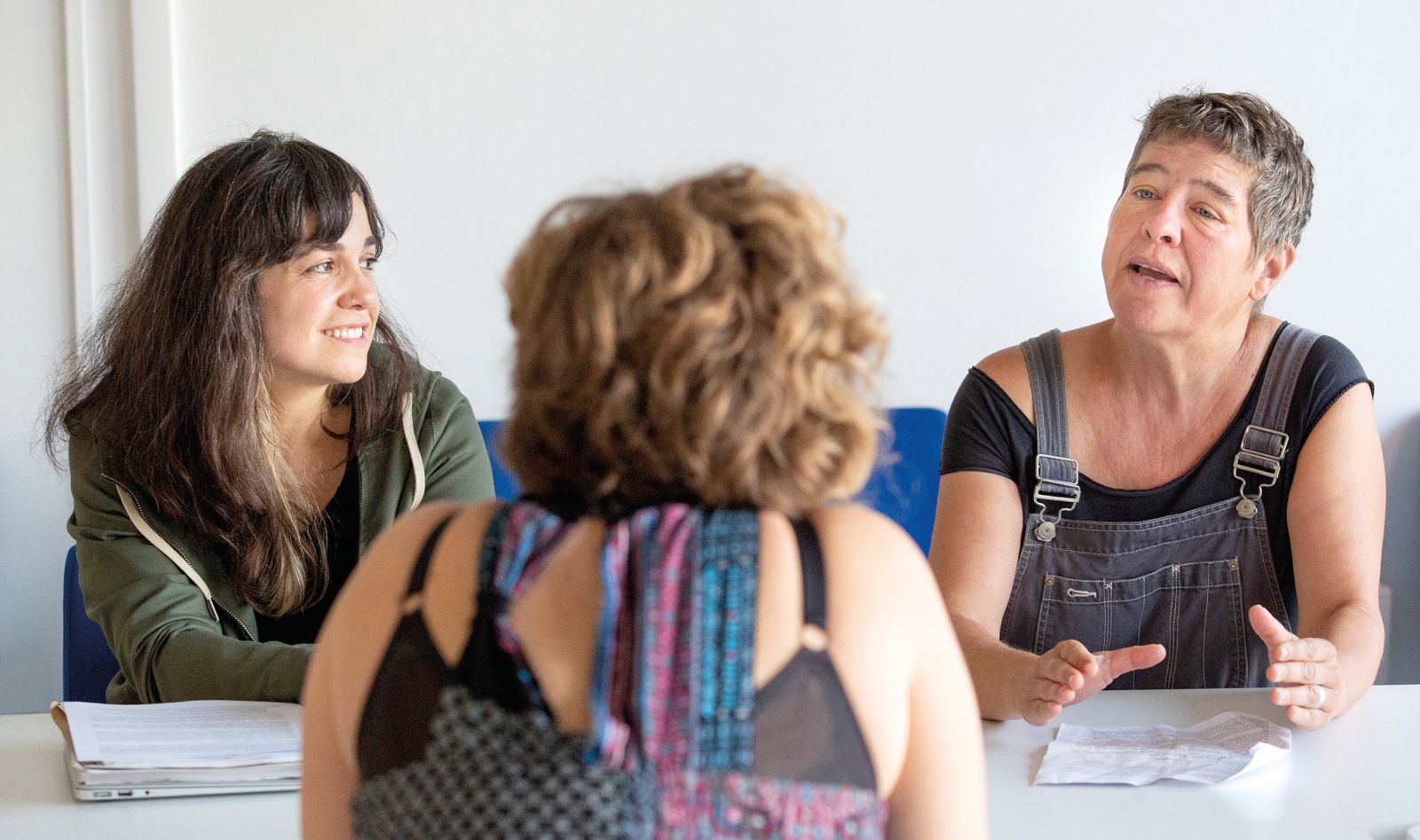
Put more words to what it means to “politicize presence.” What value does the essentiality see?
M. Luxan: The study showed that virtuality facilitated communication between them at some points, but at that time other things were valued in the group. Based on this quantitative research, we then conducted a qualitative study together with Ekhiñe Eizagirre on the main elements that emerged from the quantitative research interviewing in depth some people from social movements, in which the loss of informal spaces in the absence of presence and the need for informal spaces to maintain the climate and the nature of the groups was mentioned. Another idea that came out of the interviews is that in virtual space you can't do all things because those spaces are controlled. And it became apparent that we don't all have the same relationship with virtuality: some are more viable with these tools.
M. Guilló: The importance of affections in politicization processes with the theme of presence is also evident. The relations we have between us are an important motor, the emotional dimension that the political sphere has is very important and has a great influence. Geographical proximity, meeting in the neighborhood or in the village is also important. For example, surveillance networks were launched with agents and close people.
M. Luxan: Also, when you physically go to a meeting, you can meet people walking down the road or in that same space in another salsa. This does not happen by going into an online meeting.
M. Guilló: And to have arguments or conflicts, the presence gives another calm.
M. Luxan: Yes, there are people who launch virtually things that we wouldn't say to a person in person. At the same time, some positive aspects have been extracted from the virtuality: efficiency, that meetings are not so lengthy, that access from home can give more people the opportunity to participate, save miles...
What attitudes were adopted in social movements towards compliance with measures taken by governments to manage COVID-19?
M. Luxan: Surveys show that social groups talked and debated this issue. There were different positions, some approved the measures, other groups created their own measures, and in other groups they continued as always. However, there was no collective response among the study groups. When in qualitative research we ask about it, it has been found that many people have experienced this issue since the incapacity and despair, “we have not been able to give a collective response”, it is a heavy feeling.
What is this lack of response related to?
M. Guilló: The complexity of the situation to begin with. On the other hand, different opinions could exist within the same group. And on the other hand, at the same time, they faced a lot of other things.
.jpg)
Among the main losses caused by Pandemia in popular movements, the study indicates that the demands decreased the visibility and the Basque country lost presence...
M. Luxan: The decrease in the visibility of the demands and of the Basque Country is linked to the measures that were put on the street, but also to what happened with the media: the centrality in the media, the issue of the pandemic and to whom the voice was given, that is, who spoke and from where, the demands and the Basque people, which caused their consequences, have reduced their presence.
The presence of social movements decreased considerably in the media and the mainstream experienced a great emotional distance with the media. This was a trend that was already coming, but has been exacerbated by the pandemic.
The groups of popular movements perished the decrease in the use of Euskera in social relations and in the media, but they decided to keep Euskera in the group's life, to keep the habit preexisting.
On the subject of the Basque Country, I will explain for example what happened to the university workers: the functioning is in itself bilingual, but at certain times official things were written in Spanish, to do it faster, in a context of exception.
They have also analysed the impact of pandemic measures on the forms of group funding. It shows that the subsidies were the most reduced, as the actions needed to achieve them could not be carried out.
M. Guilló: There are unexpected situations here. The most consolidated groups were the ones that had the greatest problems, as they obtained funding from very specific actions or grants. Their vulnerability has therefore been highlighted. In addition, many groups are funded through the txosnas, which were not... Faced with these situations, they have had creativity and adaptability to obtain funding, such as the launch of campaigns to obtain financial contributions on the Internet...
M. Luxan: It is clear that those who have had the best economic experience of the pandemic have different sources of funding. In front, it's a clue to movements.
With the words of poet Vicent Andrés Estellés, I am one among so many cases, and not an isolated, rare or extraordinary case. Unfortunately, no. Among so many, one. In particular, according to the Council of Europe, and among other major institutions such as Save The Children,... [+]
Palestina, mediatikoki aurkeztua ez den bezala, aipatu zen joan den larunbatean Makean, mintzaldi, tailer, merkatu eta kontzertuen bidez.
The housing problem is a structural problem that comes from far away. What should be a human right is nothing more than a subjective right. I say that it is a fraud because, although all the institutions and all the political parties say nice words, they do not grasp the... [+]









